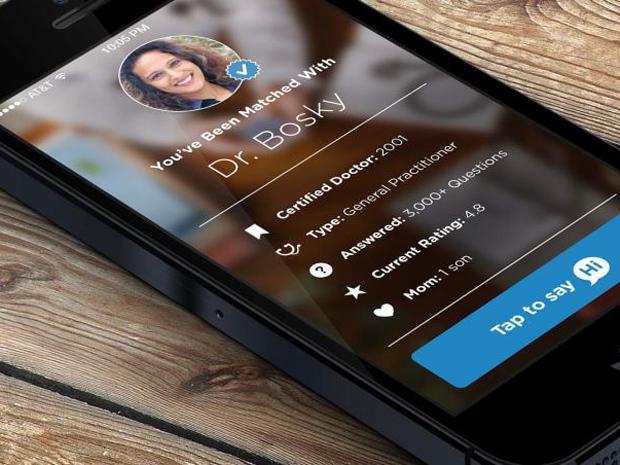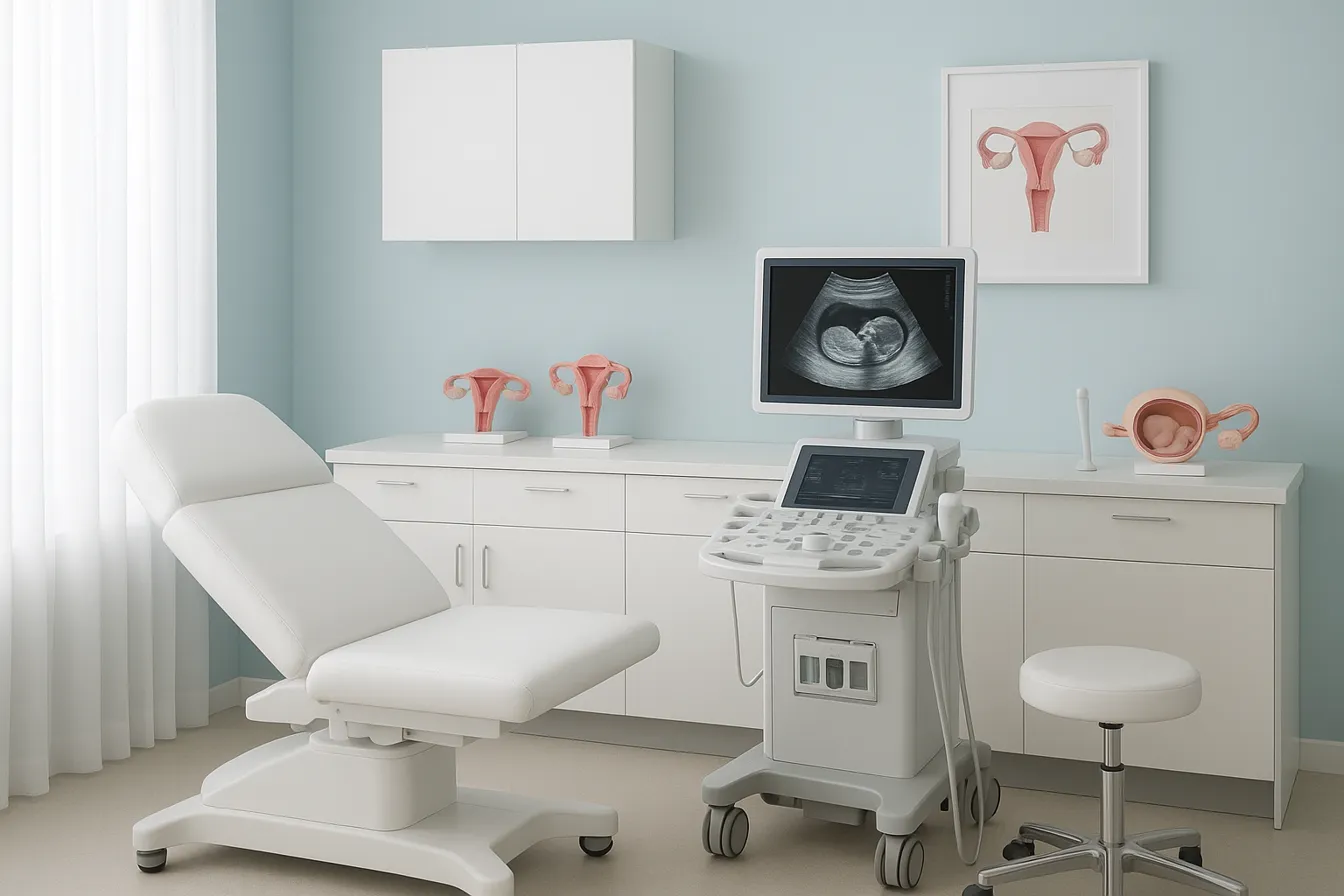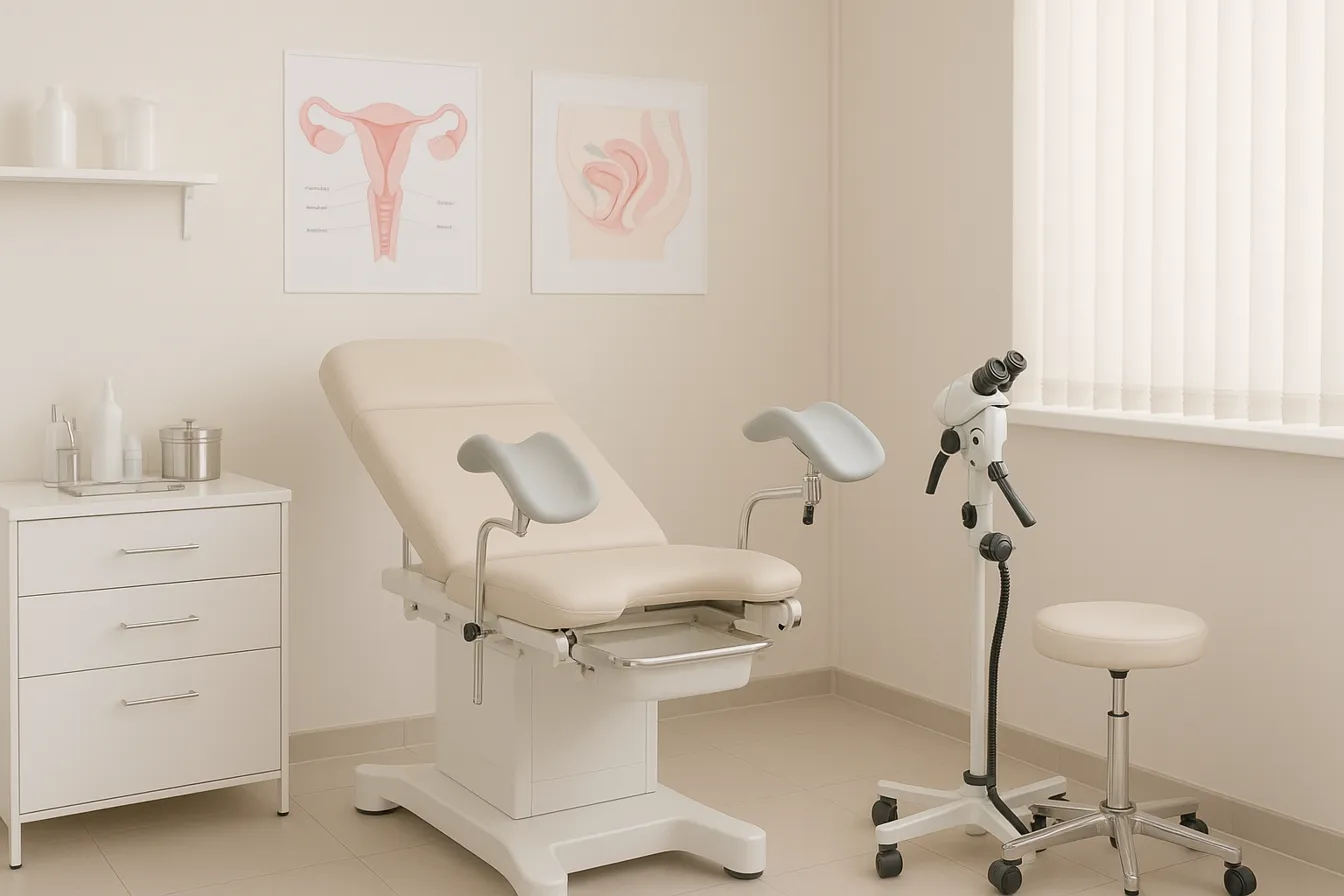Comprehensive Guide to Understanding and Managing Infertility

Wouldn’t it be great if you had a good friend who was a doctor and didn’t mind telling you (for free) whether a set of symptoms warranted an office visit? A rising text-a-doctor app called First Opinion aims to make that friend available to users globally. The app is raising some skeptical eyebrows in medical circles, but it’s also raising considerable funding from the venture capital community.
The app is designed to address a global problem: many doctor visits are unnecessary. “People don’t know if they need a doctor or not,” says McKay Thomas, First Opinion’s CEO. “We want to be the first place you go.”
Users sign up for the free app using only a first name and an email address and are matched with a doctor on First Opinion’s team. The doctor tries to respond to the user within minutes through the app’s messaging system. If the user’s regular virtual doc isn’t available, someone else on call will respond, Thomas says. The system allows the discussion to continue for up to 100 messages. For a monthly fee, users can attach photos to messages (“What’s up with this rash?!”) and guarantee themselves a response within five minutes.
First Opinion just passed its one-year mark, during which it did over 100,000 consults, says Thomas. In December, the company announced it had raised US $6 million in a first round of funding led by Polaris Partners, a tech-focused venture capital firm based in Waltham, Mass. The start up had previously raised $2.6 million in seed funding.
Venture capitalists are diving in, but some people in the medical community have concerns. Most of the fifty or so doctors on the First Opinion team are not licensed to practice in the United States, and their services “in most circumstances…are not licensed by any state in the United States and/or in any country” according to the company’s terms of use. Further, the company says it does not take responsibility for the “quality, reliability, timing, legality, integrity, authenticity, accuracy, appropriateness…or responsiveness of the information” provided by the doctors. Yikes.
“It doesn’t look like there’s any real accountability,” says Marc Bennett, an otolaryngologist at Vanderbilt University Medical Center in Nashville, Tennessee. A First Opinion doctor could give bad advice without having to answer to anyone for it, he says.
Thomas did not respond specifically to IEEE Spectrum’s questions about the company’s disclaimer. He says his company is focusing on providing educational medical information and giving users a “personal doctor experience” and some friendly encouragement, rather than a firm diagnosis.
In fact, every doctor on First Opinion’s team is a stay-at-home mom who has been through medical school but is not practicing now. They are located all over the world. “India and Pakistan are big for us,” he says. They go through a one-month training course that focuses on building relationships with users. “It’s 95 percent listening and empathy,” says Thomas. In hiring doctors, the company looks for people who are empathetic and have a good beside manner, he says.
Since the doctors are supposed to be giving out warm fuzzies over medical advice, perhaps it would be more accurate to call the app a “text-a-doctor-mom” service, rather than “text-a-doc.”Nearly every academic hospital in the United States already offers patients some kind of system where they can communicate directly with their doctors and nurses to help determine if they need to be seen, and to follow up on appointments. Many pediatric practices offer triage or call services where parents can speak with a staff nurse immediately to determine if a child needs to be seen or offer home remedy advice. Nurses and doctors responding to questions have access to the patient’s health records and follow protocols that help them give appropriate advice—something First Opinion doctors don’t have. In these forums “every opinion you give is an accountable action,” says Bennett, who communicates directly with his patients frequently through his institute’s messaging system.
It’s unclear what niche the app will fill, but it is obvious there is room for growth in the mobile health field. “Patients want greater involvement in their health care, and in general, mobile health apps can be a great source for that,” says Monica Chmielewski, an attorney with mobile health experience at Foley & Lardner LLP in Chicago. A number of apps and services are popping up, including BlueStar, a prescription-only app for type 2 diabetes that got a stamp of approval from the U.S. Food and Drug Administration (FDA).
Chmielewski would not comment on the legality of First Opinion’s approach, or with which regulations, if any, it must comply. But she says in general manufacturers of mobile health devices and services have several categories of regulations to consider, such as how the FDA will classify the software or device and if it will regulate it; whether individual states will view the business, the app and the service provided as a practice of medicine or a service that requires licensure; and if it needs to comply with federal and state privacy and data security requirements such as HIPAA (the federal Health Insurance Portability and Accountability Act).
Personally, I have serious reservations about a health service that takes no responsibility for the advice it dispenses. Plus, standards of care are different in different countries, and I wonder if a non-practicing doctor in a developing country can appropriately advise a patient who is accustomed to US standards of care.
With that skepticism, I tried out the app, and I have to say, I was given good advice from “Dr. Ankita” in India, who responded to my query almost immediately. I presented her with a real set of symptoms my son had a month ago. He had a fever of 103°, a stiff neck, and was extremely tired. After asking me a series of questions about his behavior and symptoms, Dr. Ankita advised me almost exactly as both the triage nurse at my son’s pediatrician’s office, and my mother, who has medical training, did during the real crisis: that these are the symptoms of both a run-of-the-mill infection and life-threatening meningitis, and he needs to be seen right away. (It turned out he had the lesser of the two.)
My discussion with Dr. Ankita took 45 minutes, and her messages were peppered with frowny faces, exclamation points, and words of encouragement like: “You’re doing good, dear!” She checked in with me an hour after our discussion, saying she was “a bit worried,” and asked when we would be seeing a doctor. She suggested we go to the ER if things got worse before we could get to the pediatrician, and I thanked her for her concern. My mother had also advised me to consider going to the ER, and instead of thanking her as I should have, under the stress I texted: “Stop the fear mongering”. Sorry about that, mom.
Maybe that’s this app’s niche: “text-a-doctor-mom-without-the-complications-of-a-real-relationship”.





.png)